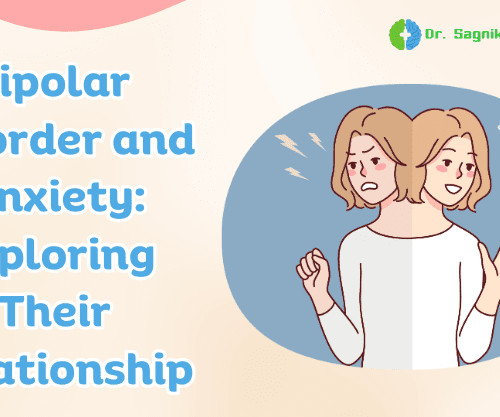Beyond the Chemical Imbalance: Looking to the Past to Understand the Mental health Crisis
Mad in America
NOVEMBER 30, 2024
With convenience right at our fingertips, it seems paradoxical that, despite our relative prosperity, we suffer some of the highest rates of mental illness compared to any other part of the world, with more than 1 in 5 US adults living with mental illness. If that were the case, most of us would not be sitting here today.

















Let's personalize your content